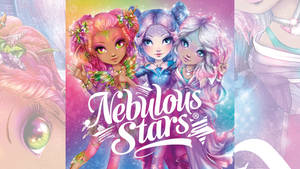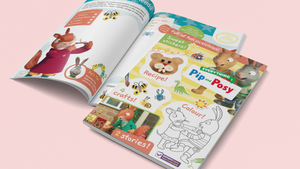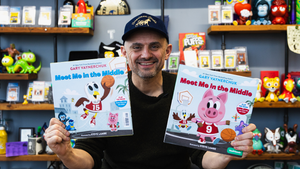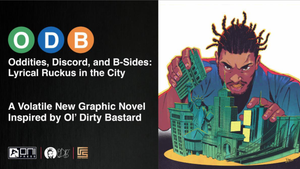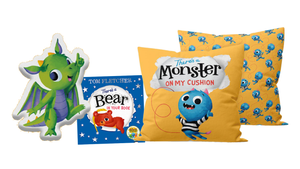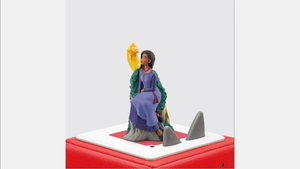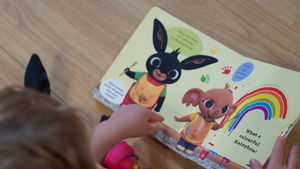Publishing
The latest licensed products, partnerships and brand collaboration news, from global publishing houses and kids' books to classic properties and new authors.
Playmobil t-shirt, WildBrain CPLG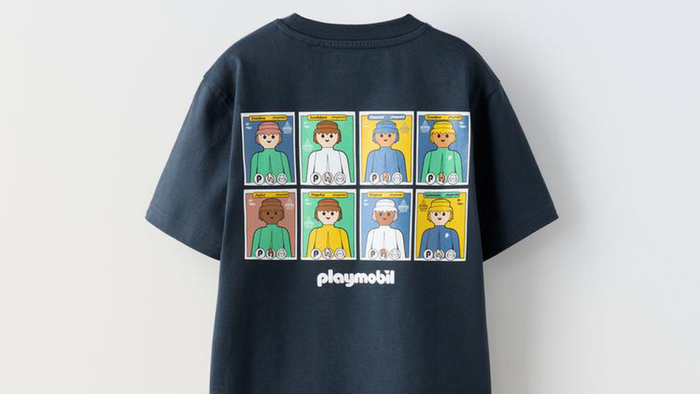
Toys & Games
WildBrain CPLG Expands Playmobil Licensing ProgramWildBrain CPLG Expands Playmobil Licensing Program
New cross-category partners include Lyle & Scott, HarperCollins, Pescanova and Deutsche Post as the toy brand marks its 50th anniversary.
March 2024
The March 2024 issue of License Global focuses on how IT’SUGAR came to be and how licensed products from candy brands keep customers coming back, our Gaming Supplement covers how the genre has exploded with partnerships and licensed rollouts to take the game off-screen and we have specially compiled reports about licensed publishing, home décor and the licensing landscape in France market report. Plus, much more. Read it now!
March 2024
The March 2024 issue of License Global focuses on how IT’SUGAR came to be and how licensed products from candy brands keep customers coming back, our Gaming Supplement covers how the genre has exploded with partnerships and licensed rollouts to take the game off-screen and we have specially compiled reports about licensed publishing, home décor and the licensing landscape in France market report. Plus, much more. Read it now!
Subscribe and receive the latest news from the industry Article
Join 62,000+ members. Yes, it's completely free.
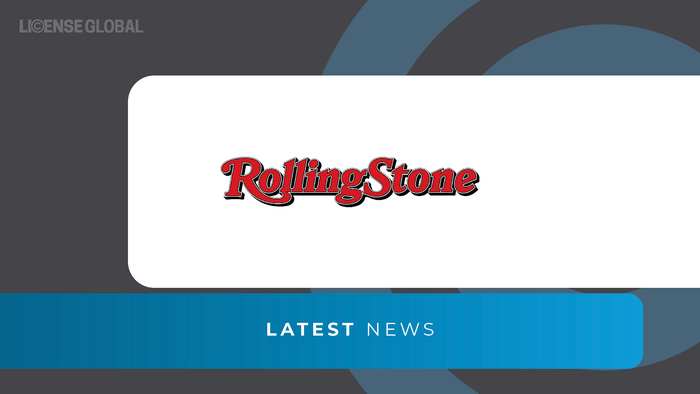
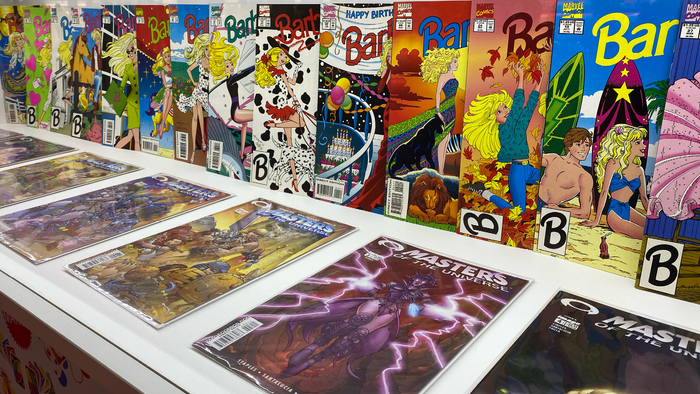
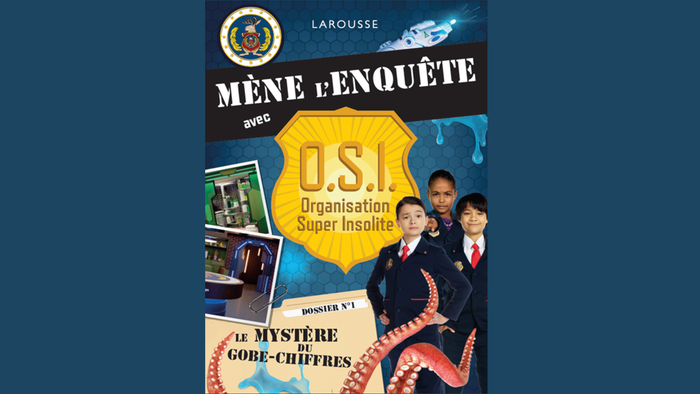
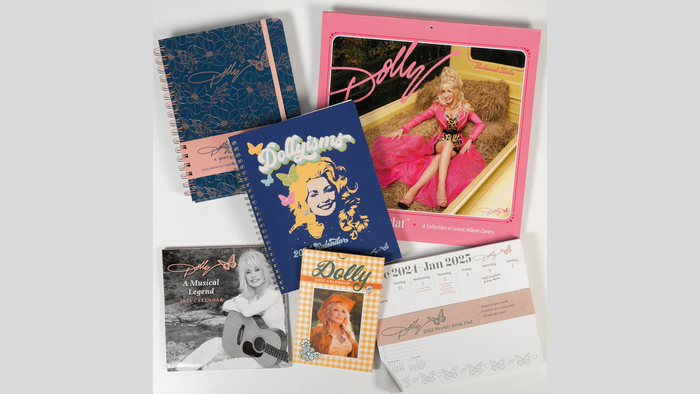

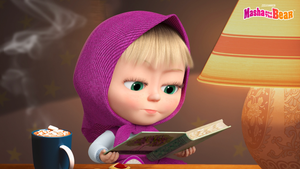
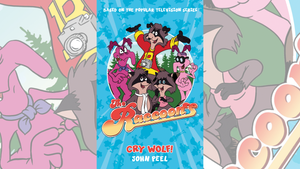
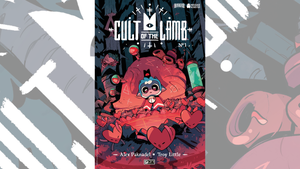




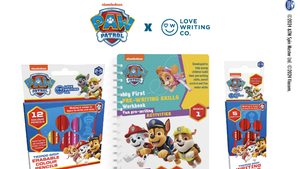


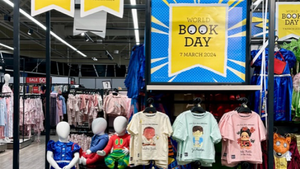
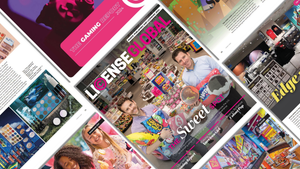
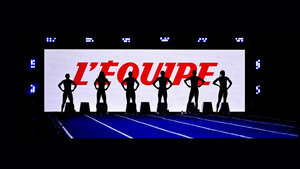
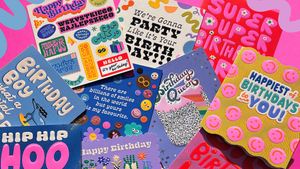


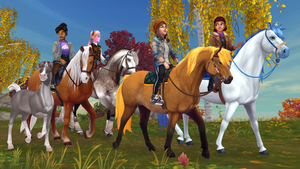
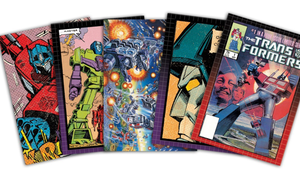
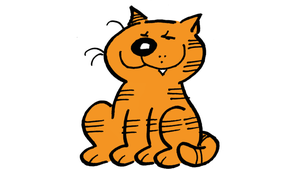
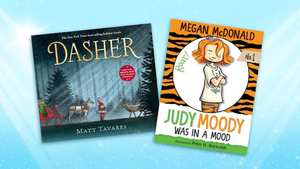
.png?width=300&auto=webp&quality=80&disable=upscale)
